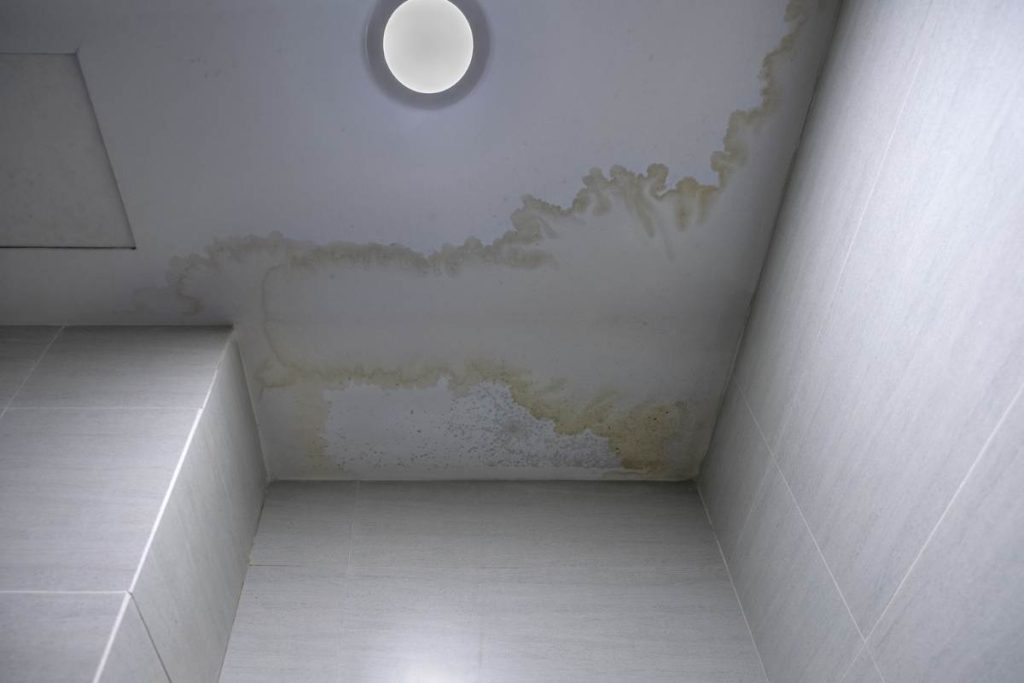In the land down under, the luxury of hot water at your command is not something to be taken lightly. Australian homes rely on a well-functioning hot water system not just for comfort, but for ensuring hygiene and cleanliness too. Just imagine having to face a cold shower on a nippy winter morning or scrubbing greasy pots in cold water! Nevertheless, the ideal hot water system for your Aussie home isn’t always a cinch to select.
Homeowners often find themselves at a crossroad with the multiple options available and grappling with common concerns, such as maintenance costs, energy efficiency, and good old regional differences. Sounds like a real pickle, doesn’t it? Well, not anymore. This comprehensive guide, put together by a hot water specialist, will bust some myths, iron out doubts, and help you select the hot water system that chimes with your needs and circumstances.
The Different Types of Hot Water Systems
From voluminous storage tank systems to nifty on-demand options, the hot water system market presents an array of choices. Let’s dive in, shall we?
Clouding the horizon of traditional hot water systems, storage tanks are large units that heat and store water for instant use. Their USP lies in their ability to supply hot water without a moment’s delay. Nevertheless, their Achilles heel is the need for continuous energy to maintain the water temperature, posing an environmental concern and a spike in energy bills.
On the flip side of the coin, we have the tankless or ‘on-demand’ systems. As the name suggests, these units heat water instantly as it flows through the unit. With no standing loss of heat, they’re much more energy-efficient than their storage counterparts – a box ticked for sustainability. However, they might falter in large Aussie households with simultaneous demand from multiple outlets.
The heat pump water systems, also cheekily known as ‘reverse refrigerators’, use electricity to move heat from the air or ground to heat water. Packing a punch on the energy efficiency front, these systems deliver multiple units of heating for each unit of energy consumed. You might balk at their upfront costs, but over time, they tend to pay for themselves with reduced running costs.
Last but certainly not least, solar water heaters capitalise on Australia’s generous dollops of sunlight. Comprising solar collectors and storage tanks, they turn the free and renewable energy from the sun into hot water, making them the ultimate environmentally friendly choice. The catch? They need a good amount of sun and some homes may require a gas or electric booster for those cloudy days
Factors to Consider Before Choosing a Hot Water System
Choosing an appropriate hot water system is not merely picking out the one with the most bells and whistles. Considering the specifics of your home and lifestyle is a step in the right direction.
Size does matter! The size of your home and your family’s water usage can influence the right choice. From the number of individuals in the household to the number of bathrooms, every drop counts.
Space, another cog in the wheel, can also guide your choice. For compact homes, smaller units like tankless systems might be the ticket, while larger homes with a generous backyard may accommodate a storage tank or solar system.
Australia’s diverse climate plays a vital role too. Different systems may be more suitable for various climatic conditions – a fact we’ll delve into in the next section.
Last but certainly not least, gird yourself for the financial implications. Consider not just the upfront costs, but also the running, maintenance and potential repair costs. Look at the big picture to balance initial expenses with long-term savings.
The Best Hot Water Systems for Regional Differences in Australia
Australia’s diverse landscapes and climates call for an equally diverse range of hot water solutions. Let’s break it down.
For sun-drenched parts of Oz, solar water systems soak up plenty of free and renewable energy, making them a savvy choice. But they do need a little assistance on cloudy or rainy days, so having a back-up system is a great idea.
Areas with moderate weather are prime candidates for heat pump systems, which effectively handle the mild temperatures, driving energy efficiency and cost savings.
In colder regions, you can bank on good old storage tank systems. They ensure instant hot water supply regardless of icy conditions, putting the kibosh on those unwelcome cold showers.
The Importance of Energy Efficiency & Environmental Impact
Deep diving into the sustainability quotient, Australia’s government has introduced a star rating system. With these stars, we can draw a clear line of energy efficiency among the hot water systems.
Higher stars equate to better energy efficiency and lower emissions, making solar and heat pump systems the clear frontrunners in this race. Investing in these energy-efficient systems can contribute to reducing your home’s carbon footprint, and hey, who wouldn’t like the sound of that?
Energy-efficient systems often come hand-in-hand with long-term cost savings. They do entail a higher initial investment, but the ongoing savings on your energy bills are not to be sniffed at.
Final Tips on Installation and Maintenance
The song and dance of hot water systems don’t end at purchasing the right unit. Installation and maintenance tip the scales to longevity and efficiency.
Professional installation is indeed a godsend. This job is more than a bit of tightening a few bolts and nuts and plays a huge role in reaping the most from your unit over its lifespan.
Regular maintenance may seem like a roll of the dice at times, especially with systems touted as ‘low-maintenance’, but it’s the bedrock of long-term performance.
Common problems, like a dwindling hot water supply or discolouration, can often be fixed without breaking a sweat. But don’t be shy of ringing up a professional when the going gets tough. In the long run, it’s better to be safe than sorry!
In conclusion, choosing the right hot water system for Australian homes is a significant decision that necessitates a careful balancing act between various factors. Hopefully, this comprehensive guide will direct you towards the ideal hot water system fitting like a glove with your specific needs, fundamentally increasing your chances of long-term savings and living sustainably.
Remember, every cloud has a silver lining! With a little research and consideration, you can make an informed decision that maximises the efficiency, affordability, and sustainability of your hot water system – all while forging a solid future for this beloved sunburnt country! So, Aussies, let’s make a splash and choose wisely.










